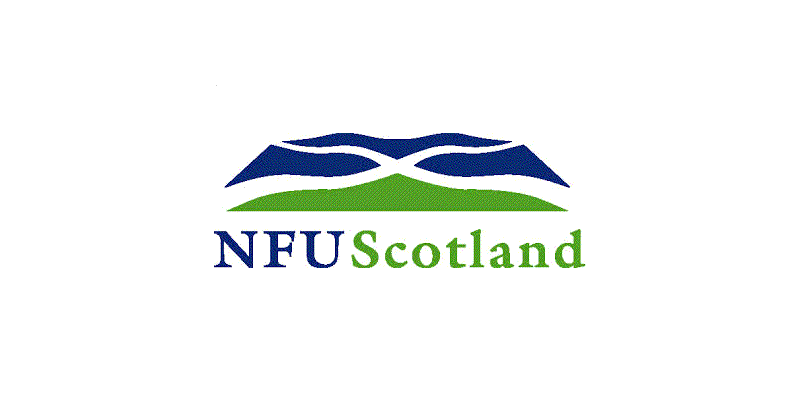NFU Scotland has written to the European Commission to make the case for a different mind-set in EU nature legislation.
Responding to a ‘fitness check’ on the EU’s Birds and Habitats Directives, the Union argued that the focus should be on delivering a natural environment that is in balance with rural land uses such as farming and crofting. Such an approach would be a marked change from the current protectionist and precautionary approach, but the Union argued that it would better serve both nature and its custodians.
Setting out the detail of its proposals, the Union drew on farmers’ and crofters’ decades of painful experiences with sea eagles and protected geese species, as well as the looming decision on beaver reintroduction and the dwindling budgets available for management of designated sites. At the heart of the Union’s proposals were six key demands:
1. EU nature legislation should require Members States to set aside sufficient funds to pay farmers any income forgone or additional costs – above other legal requirements (e.g. GAEC) – associated with keeping designated sites in Favourable Conservation Status or hosting protected species.
2. There must be a more balanced weighing of interests in EU nature legislation, especially when species are assessed as being of ‘least concern’ on the IUCN Red List of Threatened Species.
3. Given that several of the most ‘contentious’ species (e.g. sea eagle, barnacle goose, and beaver) are assessed as being of ‘least concern’, the list of species given protection via the Birds and Habitats Directives must be accurate and reflect the situation in different parts of the EU.
4. Article 41 (‘Right to good administration’) of the Charter of Fundamental Rights of the European Union should be enshrined in EU nature legislation via a requirement for meaningful and substantial consultation with land managers prior to any species reintroduction.
5. The provision in the Birds Directive to derogate to “prevent serious damage to…livestock” is particularly challenging to evidence when dealing with the extensive sheep farming that typifies much of Scotland. There should be scope to derogate on the basis of factors that are applicable in such situations.
6. EU nature legislation must be reformed to include clear obligations on Member States to have proportionate and responsive plans in place for the management of negative impacts on agriculture, and the long-term funding to implement such plans.
NFU Scotland’s Deputy Director of Policy, Andrew Bauer, commented:
“Some have chosen to misrepresent criticism of current EU nature legislation as an attack on nature. Quite the opposite is true. NFU Scotland and others have argued that farmers and crofters want to do more for nature, but are often held back by insufficient funds and rigid rules.
“Furthermore, current rules that protect one species at the expense of all others are neither sensible nor sustainable. We need reforms that will allow us to be more adaptable, with a move away from a protectionist mindset towards one that is focused on building a rich and healthy environment that is in balance with farming, crofting and other land uses.”
NATIONAL FARMERS UNION CALLS FOR CHANGE OF MINDSET ON EU NATURAL ENVIRONMENT LEGISLATION






